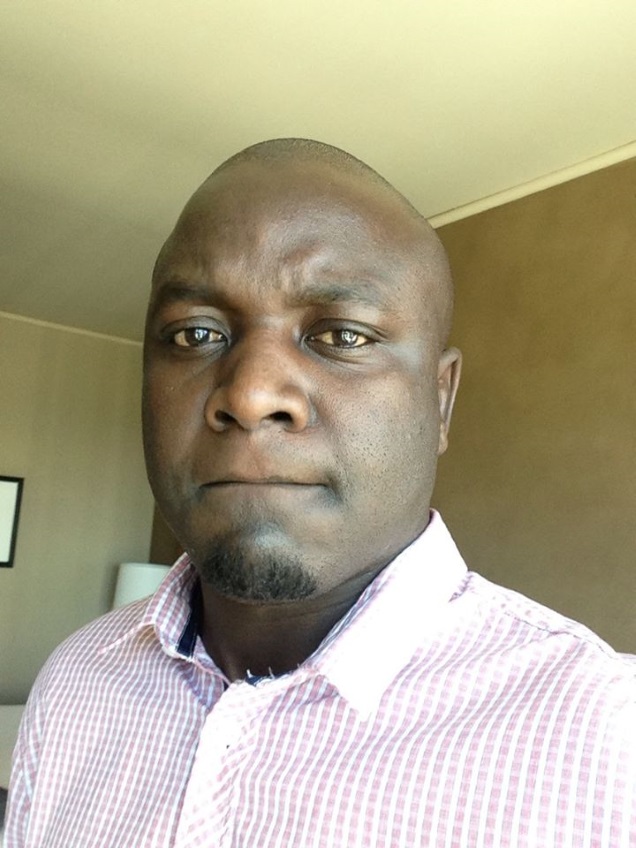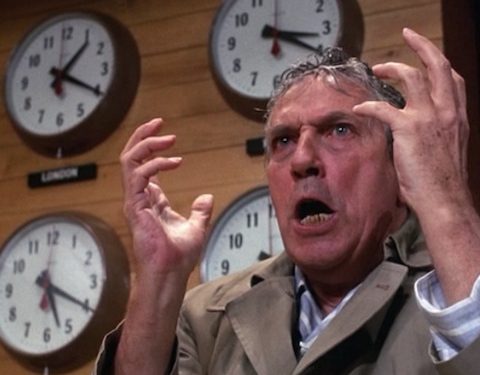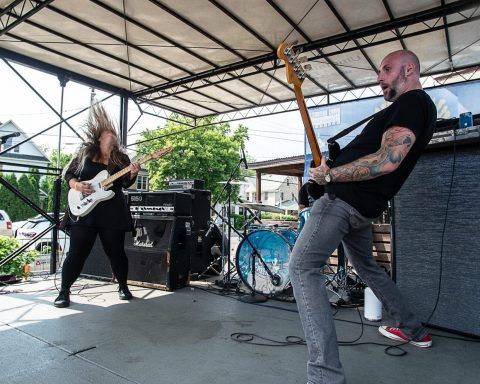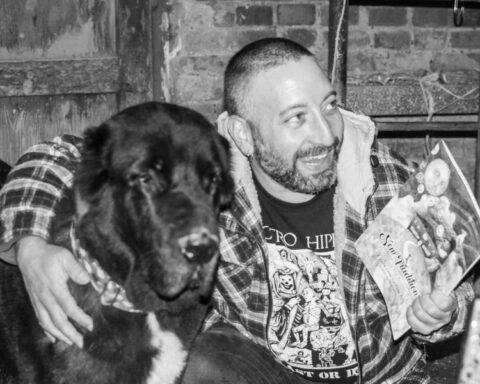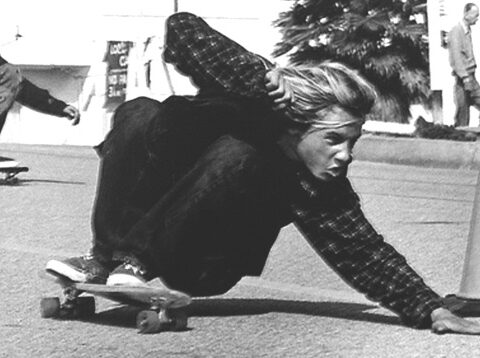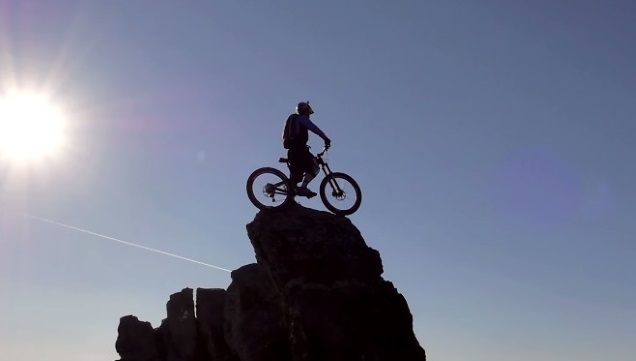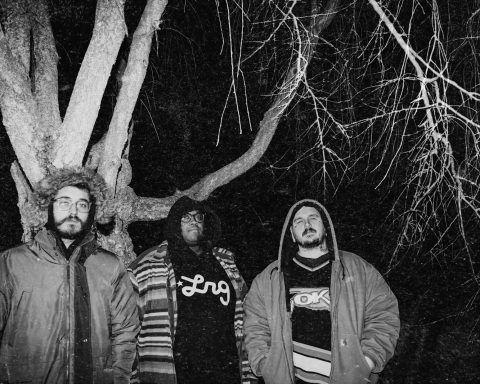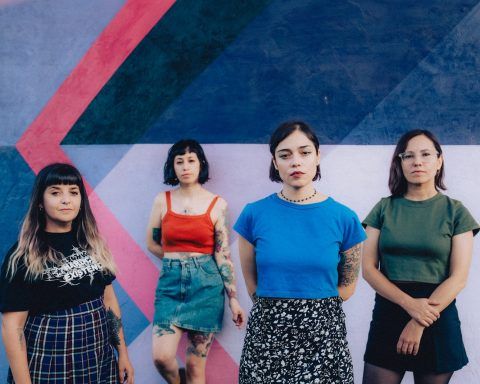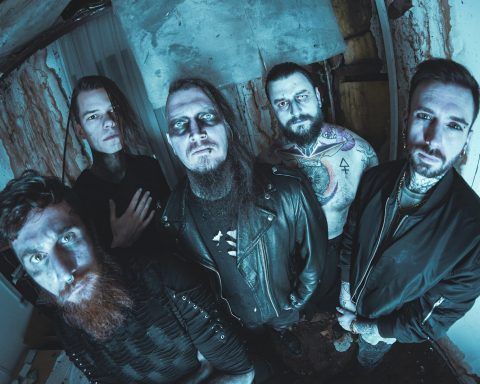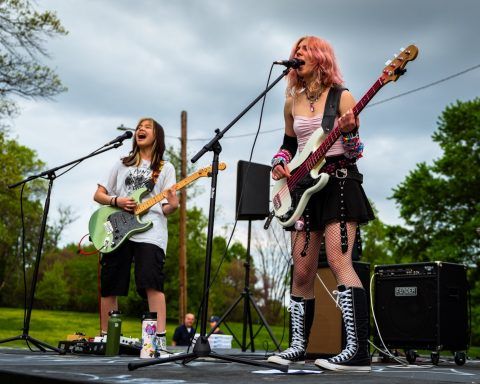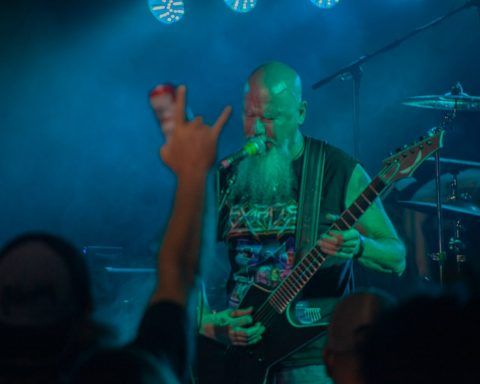The Legacy Project interviewed refugees in the Youngsfield Refugee Camp outside of Cape Town, South Africa. Here’s one of the interviews and stories worth your time. The Legacy project was founded in 2006 by Greg Bennick and David Whitson, and is an independent endeavor to better understand how humans can transition from violent, bloody conflict to peace, justice, and reconciliation. Their mission stands as follows: “At the center of our work are annual study trips to countries struggling to resolve their own legacies of violence, including Poland in 2007, South Africa in 2008, Chile and Argentina in 2009, Canada in 2012, and South America (Chile and Argentina) in spring of 2014. A trip to Bosnia/Serbia/Croatia is being planned for summer 2015.” Here’s a short story about the politics in Africa, life and the conditions in refugee camps, and trying to study and reach for more in the unstable political life of Africa.
Greg commented via his blog:
Tonight I am in awe, about the ways that life unfolds and how seemingly divergent paths someday can intersect again.
In 2008, while with The Legacy Project in a broken refugee camp in South Africa, I met a 29-year-old man from Zimbabwe named Owen Karimanzira. Owen was one of many refugees we interviewed on camera over two days, all of whom had sought refuge in the camp from xenophobic violence taking place throughout the country. These were people who had survived violence in their own countries only to then be attacked in South Africa as well.
It is essential to understand the scope of the story that you download and read the following PDF before reading on. It is a letter that I wrote home that day from South Africa to all of my closest friends.
To say that Owen was a tremendous inspiration would be an understatement. In the camp, there is a strange and unfortunate defense mechanism that develops in one’s mental process. You begin to tell yourself that these are refugees and you classify them as such in your mind, and thus make them “other”, essentially different than yourself. I think the defense works like this: if we fully allow ourselves to see refugees as people like us, exactly like or even better than ourselves based on their character, then the frustration and sadness about their condition would be too overwhelming, the sense of hopelessness too extreme. But in this camp, the stories from individuals never stopped. All defenses failed. We made our way from person to person, and we heard stories from people, people with names and faces and lives and loves (we will be posting all of those interviews within the next few months on thelegacyproject.com).
And then we met Owen, referenced in the letter. He was an intellect, a scientist, a peer…and not at all the person you would expect to find sitting on a wet cot, in the mud, under a leaky roof, in deplorable conditions, in a field in South Africa. All defenses fell away and what was left was the possibility, both for me and for those students and collaborators who had come on the trip, of real connection. We spoke to Owen about his life and dreams, what he had faced, what he dreamed of. And then after an incredible conversation, we left the camp, as observers are able to do. And Owen and I lost touch more or less, trading maybe one letter or email over the course of six years.
This last week out of nowhere, Owen wrote to me. He had made it out of the camp after the violence subsided, and had worked incredibly hard to continue to pursue his dream of being an AIDS scientist. He was going to be in Seattle for an AIDS conference and asked if I might meet him. I brought my camera and set it up in his hotel room to record our reunion after six and a half years.
This video is that conversation. I hope the excitement we each felt resonates clearly over these 25 minutes. And like I said, this is the first interview of many. The Legacy Project team has dozens to edit and post still. We waited too long for the resources to make the website we wanted to house these videos, but now is the hour. Updates on all the videos soon both here and on thelegacyproject.com



